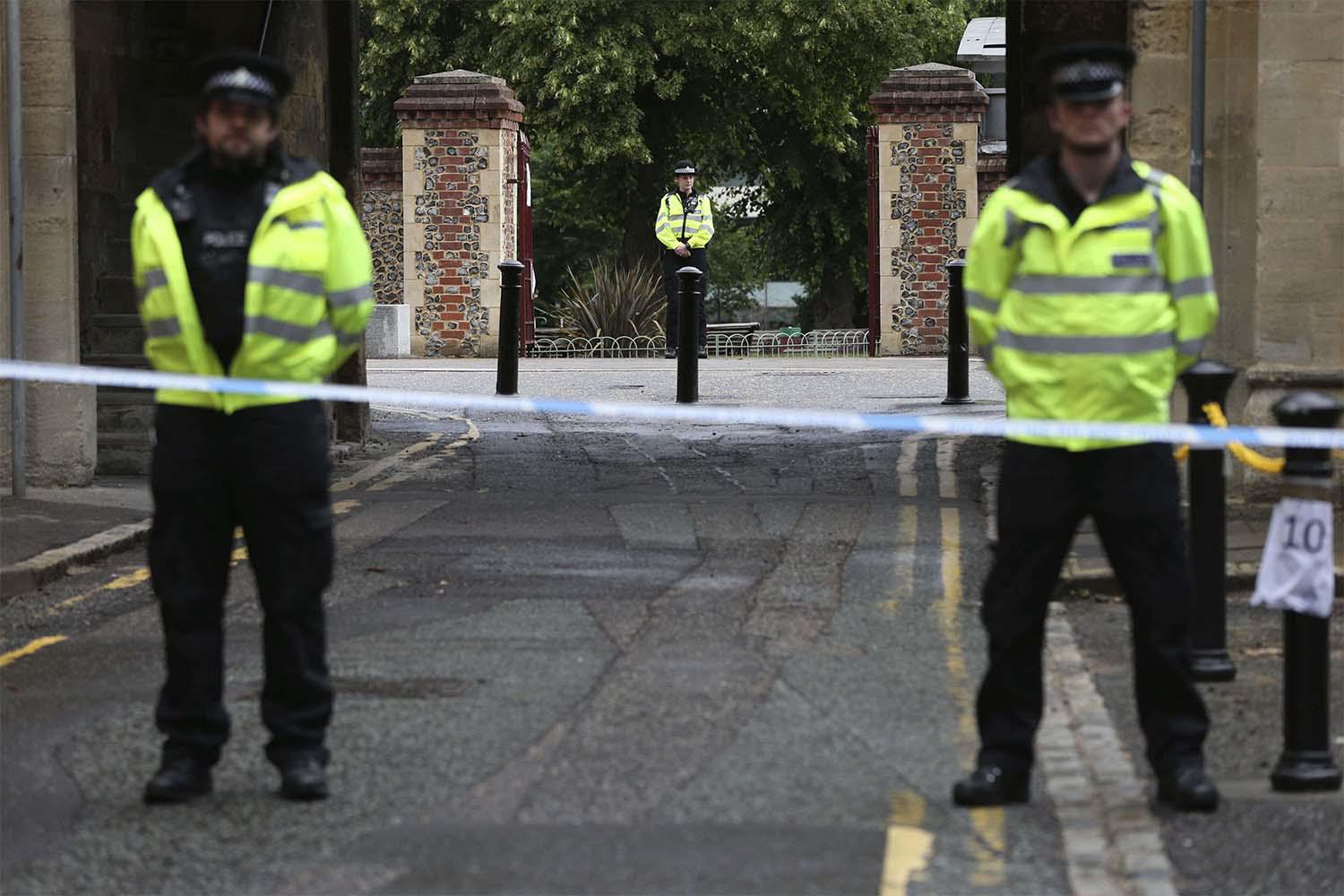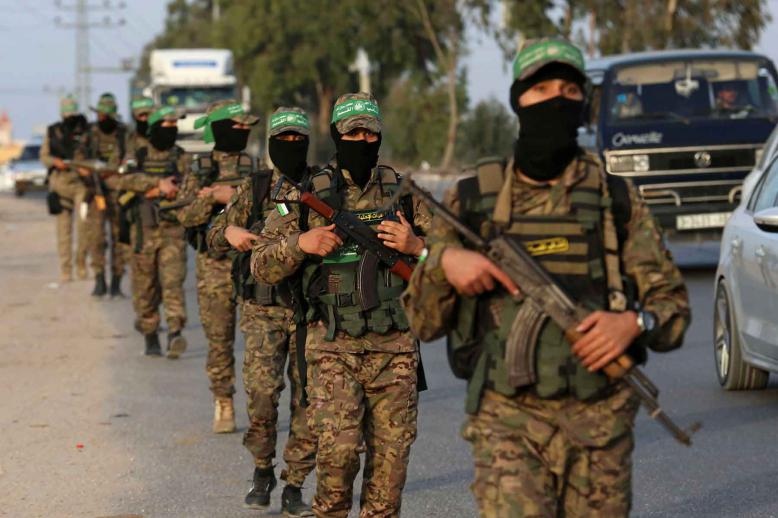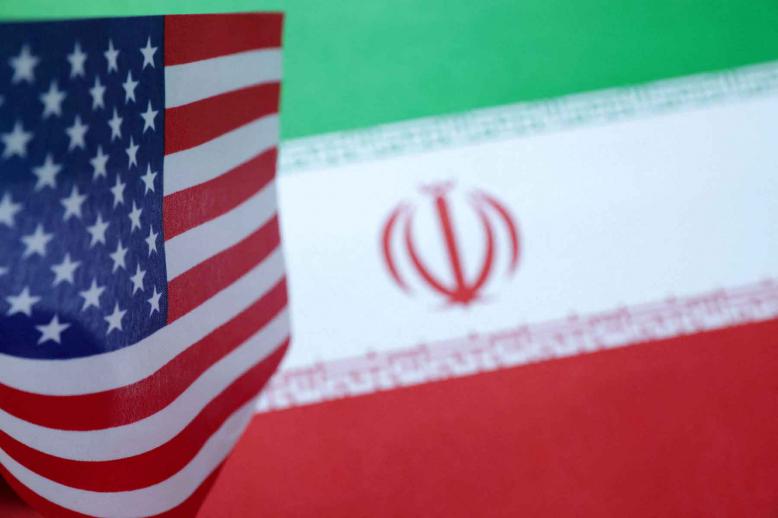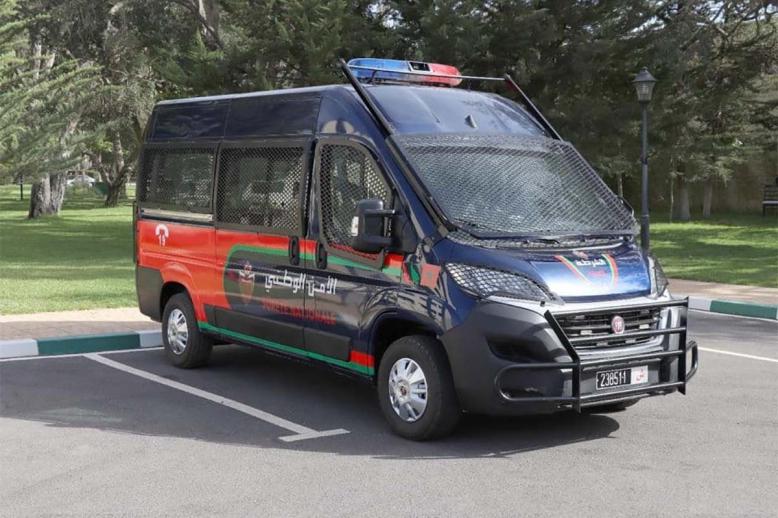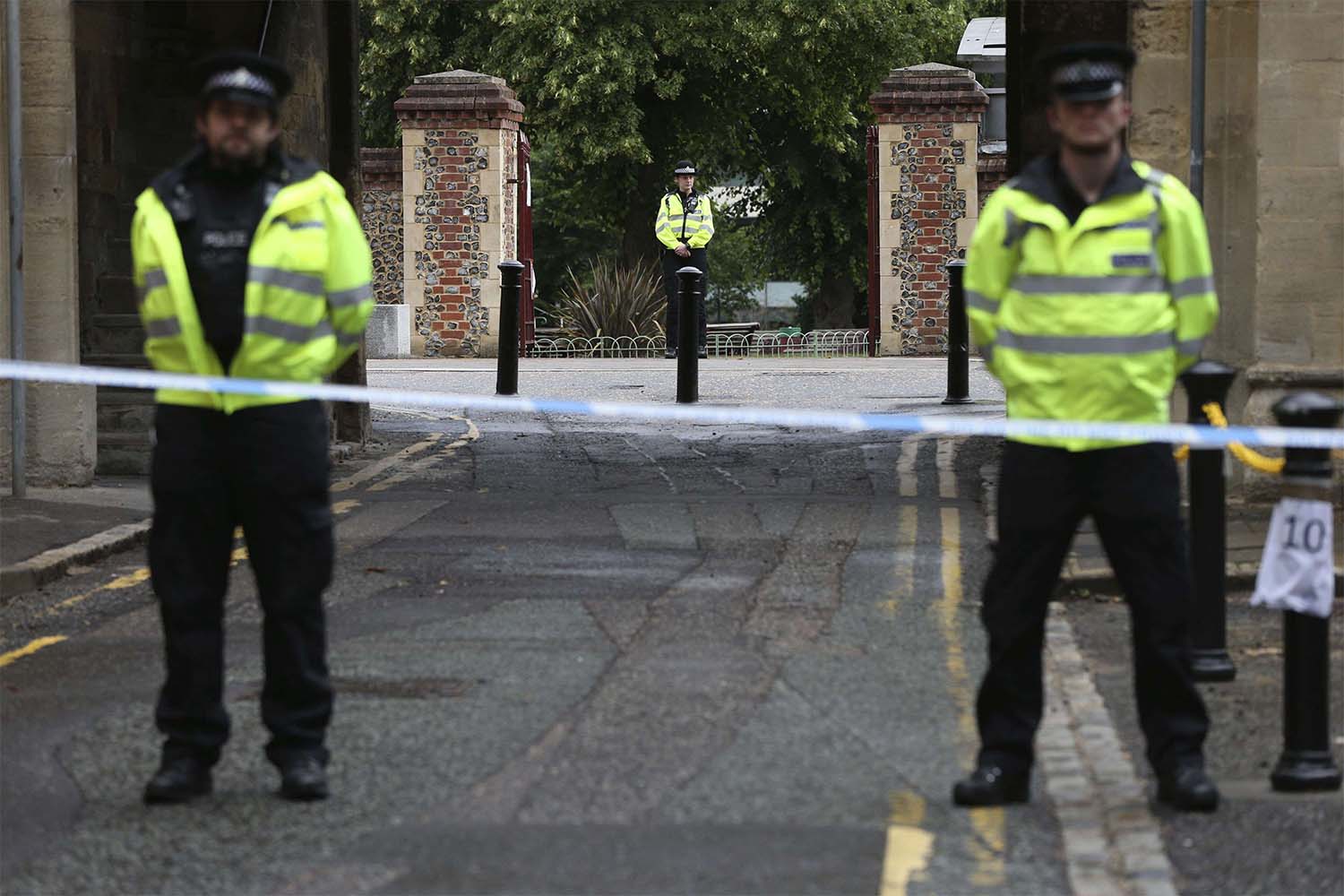Reading attack reveals infiltration of extremist groups into Britain
LONDON - The terrorist attack that killed three people and wounded three others in the English town of Reading last Saturday evening came to raise once again the issue of the West's dealing with terrorism and the double standards it adopts in determining its positions on militant groups, and not paying attention to its danger except when it targets it from within.
A year ago, 25-year-old Libyan Khairi Saadallah, was getting ready to travel to Syria through Turkey to fight among the armed groups that had been controlled by Turkish President Recep Tayyip Erdogan's intelligence services. However, British security services prevented him from traveling and but until he went on stabbing rampage on Saturday evening as groups of people relaxed in Forbury Gardens park in Reading, 60 km west of London.
On May 22, 2017, Salman Abedi, whose parents fled Libya in 1994, killed 22 people after an Ariana Grande concert at Manchester Arena in 2017. Born in Manchester, Abedi had been rescued by the Royal Navy from the civil war in Libya three years earlier, alongside other British citizens.
The terrorist attack in Manchester was one of the worst in Britain. Salman’s father Ramadan Abedi was a security officer in the era of Moamer Gathafi’s regime, before he defected in the early nineties of the last century and joined a Libyan fighting group led by Abdel Hakim Belhaj.
Ramadan then joined the Umma Party that was formed by former activists in the group and was headed by Sami Al-Saadi, who is currently one of the most prominent militants in Tripoli and a member of the Libyan Fatwa House. He returned to Tripoli in 2011 to take over the position of administrative director of the Central Security Forces under the authority of The General National Congress, which for the first time drove Al-Qaeda extremists to power.
Ramadan obtained political asylum in Britain in 1992 and was later classified as influenced by Al-Qaeda’s doctrine. He was preaching Dawah in the Didsbury Mosque, which was frequented by his son Salman.
After 2011, he was also influenced by fatwas of Tripoli’s mufti As-Sadeq al-Gharyani and known for his close relationship with his son and British citizen Suhail al-Gharyani, who owns the Attanasoh TV channel, which is funded by Qatar and broadcasts its programmes from Turkey.
In July 2019, the Government of National Accord succumbed to British pressure, handing over Salman's brother Hashem Abedi to London.
In March 2020, Hashem was found guilty of 22 counts of murder in relation to the attack. He had been in Libya at the time of the detonation.
In May 2017, British intelligence service MI5 launched an internal inquiry into its handling of the warnings it had received about Abedi and a second inquiry into how it missed the danger.
MI5 admitted it had a policy of allowing Libyans in the UK to travel to fight during Libya's 2011 uprising against Gathafi’s regime and return later, including some who had been under house arrest in the UK for counter-terrorist measures.
In April 2018, The British government admitted it is likely that it was in contact with former members of an al-Qaeda-linked Libyan militant group linked to the Manchester bomber and his family during the uprising against Gathafi.
“During the Libyan conflict in 2011 the British Government was in communication with a wide range of Libyans involved in the conflict against the Gaddafi regime forces. It is likely that this included former members of Libyan Islamic Fighting Group and 17 February Martyrs Brigade, as part of our broad engagement during this time,” then said Foreign Office minister for the Middle East Alistair Burt.
Observers say that London was not only involved in embracing extremists when they were standing up to the previous hostile regimes, but also pushed them to fight in their countries and considered them revolutionaries for freedom, whether in Libya or in Syria.
Britain’s stance helped Libyans play an important role in spreading extremism in conflict zones in the MENA region.
In April 2019, the Guardian reported that the British government spent more than £11 million of public funds resisting demands for an apology, compensation and prosecutions over MI6’s 2004 rendition of the Libyan dissident Abdel Hakim Belhaj and his wife, Fatima Boudchar.
Belhaj and Boudchar were seized in Thailand by CIA officers in 2004 before being hooded, shackled and flown to one of Gathafi’s prisons, where Belhaj was tortured and sentenced to death. He was released six years later, according to the Guardian.
A British organisation said that Belhaj and his wife only wanted to receive an official apology from the government, but London preferred to pay these enormous sums of taxpayer money to formally recognise their role in detaining them.
Analysts saw that move as an attempt by London to contribute to Belhaj’s plan to rule Libya by polishing his image, transcending all of his extremist history, and presenting him as a national hero, which is what the Turks and Qataris parties were also seeking.
In April 2019, the Libyan National Army accused Britain of supporting armed militias, especially through its position as a permanent member of the United Nations.
Libyan politicians assert that London is still betting on political Islam to control Libya despite its loss of legitimacy and its struggle in the devastating civil war in Libya, which was led by the Brotherhood and the Combat Group.


